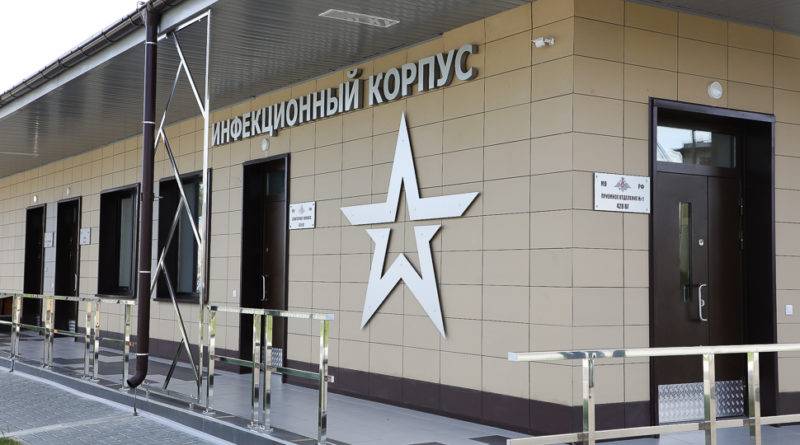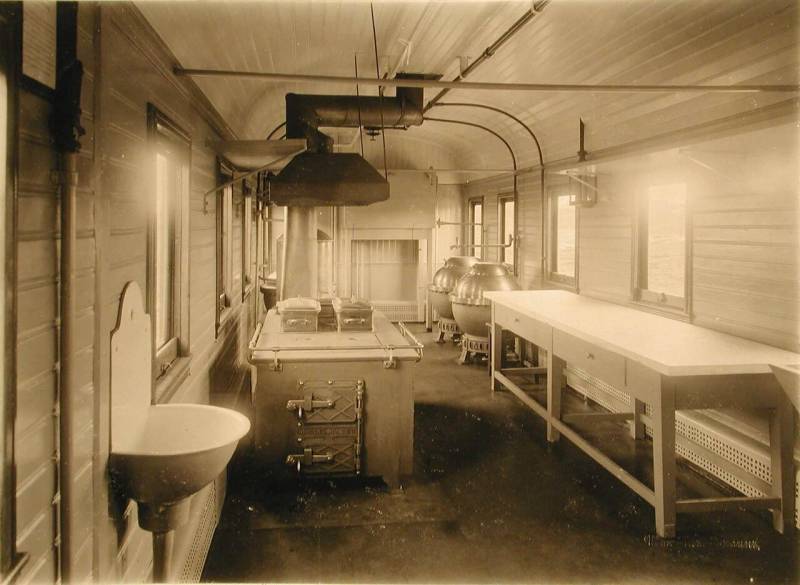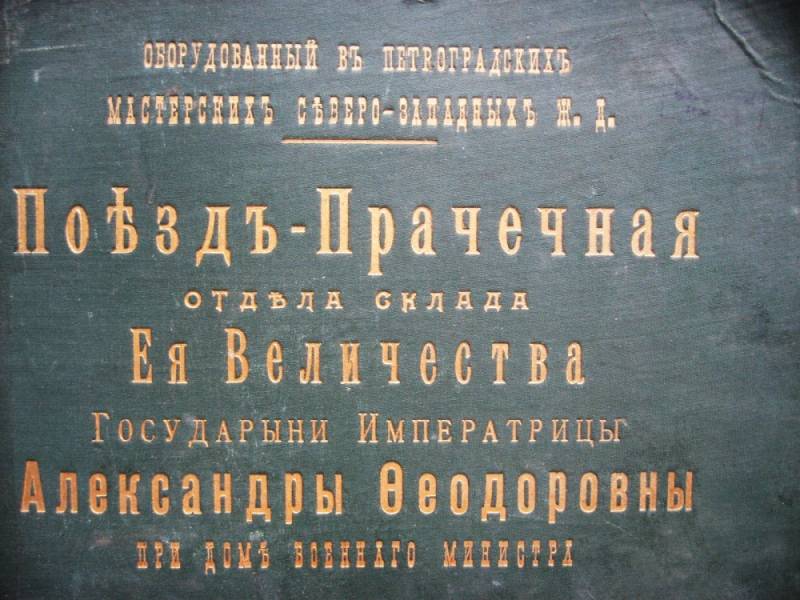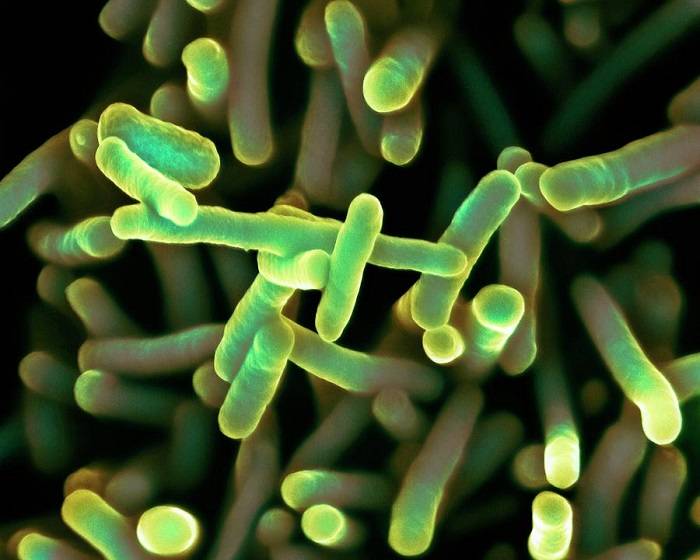Dysentery: an enemy that everyone needs to remember

In anticipation of a significant increase in the number of groups in the NMD zone, it is necessary to remember what accompanies any conflicts - diseases.
Every army faced the problems of unsanitary conditions in one way or another throughout the entire stories humanity. This problem is effectively solved only with the joint efforts of both the system that forms this army, and the fighters themselves, who are part of this army.
For example, by the winter of 1941, the positions of front-line and army hygienists were introduced in the Red Army. The tasks of the medical and sanitary battalions, which are part of the rifle divisions, included, among other things, the hygiene of the fighters. The task was worked out so much that there were entire sanitary-military trains, mobile baths and epidemiological stations.

Epidemiologists monitored not only the quality of washing, but also the logistics of dirty and clean linen. In cases where washing was difficult, clothes were impregnated with antiparasitic compounds.
During the First World War, Empress Alexandra Feodorovna personally financed a laundry train specially designed for the army. The first train-bath appeared in Russia in 1904 and was intended for the needs of the Red Cross.

On June 24, 1941, on the third day of the war, the NKPS instructed the railways to form 288 military hospital trains (150 permanent and 138 temporary). For them, six thousand wagons were allocated and the staff of railway workers was determined.
Dysentery in war
Shigellosis, or dysentery, is a group of acute/chronic diseases caused by bacteria of the genus Shigella that affect the gastrointestinal tract (mainly the distal colon).

In the field, the main sources of infection are:
1) Unsanitary conditions directly related to field conditions;
2) Common water sources or standing water (eg water barrels);
3) Camping utensils;
4) Personal items or clothes.
In addition to individual danger, the disease is highly contagious, especially in the field.
All forms of dysentery are accompanied by fever, malaise and pain for up to 10 days, and a severe form requires immediate hospitalization, as it develops suddenly and rapidly.
In addition to the disease itself, there are consequences in the form of various complications, often not directly related to the gastrointestinal tract. Some of them can develop into chronic forms.
Treatment of dysentery takes place in a stationary infectious diseases department with a regimen depending on the severity of the form. In addition to hospitalization, a diet and medication are also required:
1) Antibiotic therapy. Any antibiotics should be drunk only in a course and without interruptions, exclusively as directed by a doctor, as well as under his control. Otherwise, you can destroy the “good” bacteria inside yourself, and teach the “bad” ones to resist the action of therapy. In the modern world, perhaps 90% of adults know about these rules and often consciously ignore them, putting their convenience first;
2) Abundant drinking of saline solutions (Philips, rehydron, gastrolith, etc.), with vomiting, solutions will have to be administered parenterally, that is, bypassing the gastrointestinal tract (Trisol, Acesol, etc.);
3) Antispasmodics are prescribed for the relief of spasms and soreness, with hemorrhagic syndrome - heparin, etc.;
4) In the first days, the intake of enterosorbents is indicated (then they lose their therapeutic function and can be harmful);
5) With significant fluid losses, drugs that delay its increased release into the intestinal lumen (but do not stop motility) have a certain meaning;
6) In order to normalize the intestinal microflora, the intake of pro- and prebiotic agents, pancreatic enzymes is indicated.
Often in the instructions for the preparation of an individual first-aid kit for mobilization, the use of Loperamide for indigestion is mentioned. You need to understand that this drug provides symptomatic treatment and helps to regulate the stool, and not to cope with the source of the disease - bacteria.
Drugs designed specifically for the treatment of diarrhea, such as Enterofuril, often also recommended for the “general” first aid kit, ideally require combination with rehydration therapy and diet.
Of course, on the front line of the clash, no one will be engaged in any rehydration and diets, and it is for this reason that one of the main rules has been and remains the disciplined observance of the rules of personal hygiene, as far as possible. But the main enemies of cleanliness can be safely attributed to both banal laziness and problems with the organization of life in general. Unfortunately, life in war is a very specific experience, which in a peaceful environment is simulated quite difficultly and is often acquired already on the spot or transmitted through the personal example of more experienced comrades.
Hack and predictor Aviator
As a conclusion, I want to cite as an example the Russian-Turkish war of 1828-1829. Despite the small number of major battles, the Russian troops and their enemy suffered colossal damage from disease.
The total losses of those who died from diseases in 1828 on the Danube amounted to 22 thousand 23 people, that is, almost a fifth of the 2nd Russian army died from diseases, and at least 40 thousand people by December 1828 were in hospitals.
In general, the reasons for this disastrous situation include:
- incorrect calculation of the timing and nature of the upcoming campaign, and as a result - heavy protracted sieges and heavy losses from diseases;
- shortage of medical personnel, the number of which, although increased in comparison with peacetime, turned out to be completely insufficient in conditions of mass epidemics;
- poor suitability of hospitals of the 2nd Russian army for deployment in the field and specially unprepared buildings;
- an unsuccessful choice of a place for the camp and the placement of garrisons of fortresses without taking into account the sanitary condition of the area;
- the inability to strictly comply with quarantine measures in relation to large masses of troops on the Danube, given that they needed constant supply and replenishment.
It remains only to finish with a quote from Alexander Vasilyevich Suvorov:
Information